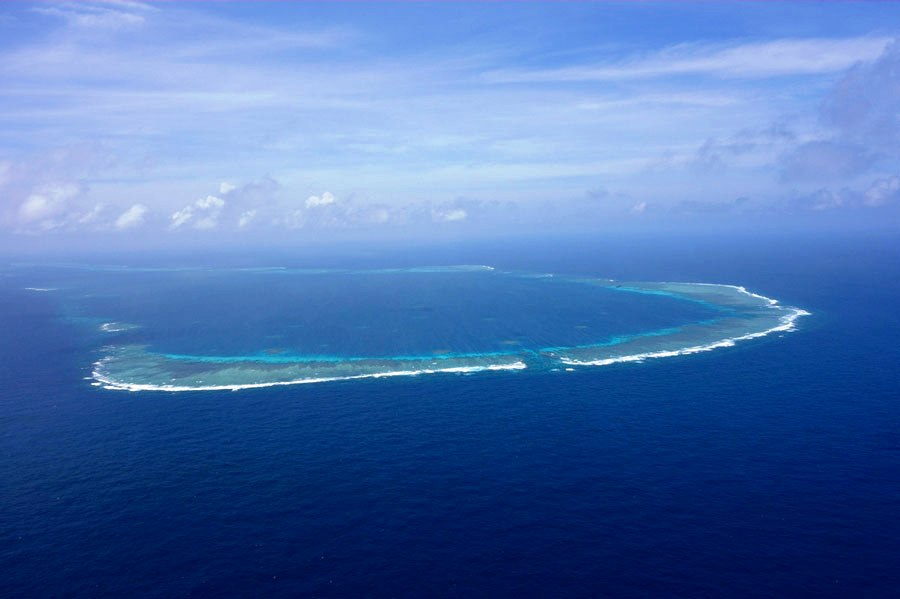Reneging on agreement inviting trouble to region: China Daily editorial


By repeatedly denying the existence of an agreement on managing the Ren'ai Reef issue with China, high-ranking Philippine officials are tarnishing the image of their own country. Their capriciousness only drives home the message that Manila is an unreliable, untrustworthy partner in negotiations.
The blatant denials from the Philippine side has prompted the Chinese embassy in the Philippines to talk at length about the "new model" agreement on Saturday and pose the questions: Why does the Philippine administration keep denying the agreement and why does the Philippines' Defense Ministry refuse to properly manage the maritime differences through dialogue and negotiations?
There is no need to rack one's brains to answer these questions as it is evident to all that managing the differences between the two countries and avoiding conflict does not suit the designs of Washington, which is muscling into the South China Sea by riding herd on Manila.
With Philippine President Ferdinand Marcos Jr under the sway of the Joe Biden administration, there seems to be little hope of Manila acknowledging, never mind upholding, the "gentlemen's agreement" on Ren'ai Reef that the previous Philippine administration struck with Beijing.
The Marcos administration reaffirmed the "new model" agreement for the management of the situation early this year after multiple rounds of discussions with Beijing.
But Manila now refuses to admit not only that it made such an agreement, but also that it reaffirmed its commitment to it. With Washington eager to call the shots, Manila seems to have concluded that it can take advantage of this to hammer in the stakes of its claim by building a permanent facility on the reef. To ensure Manila responds to the crack of its whip, the Biden administration is also piecing together an anti-China clique in the region to back Manila's unwarranted territorial claims.
But no matter how hard they try, neither Washington nor Manila can change the indisputable fact that China's sovereignty, rights and interests in the South China Sea were established over the long course of history and are solidly grounded in law.
By inviting external forces into the bilateral dispute between China and the Philippines, Manila is not only worsening its ties with Beijing but also undercutting the efforts of the other members of the Association of Southeast Asian Nations to work with China to maintain peace and stability in the waters.
China and the ASEAN countries are actively advancing negotiations on the Code of Conduct in the South China Sea. Needless to say, the Philippines' unilateral breach of trust and soliciting of external interference in the South China Sea is having a negative impact on the regional situation as a whole.

































